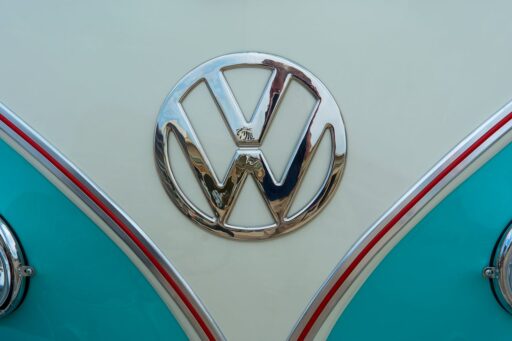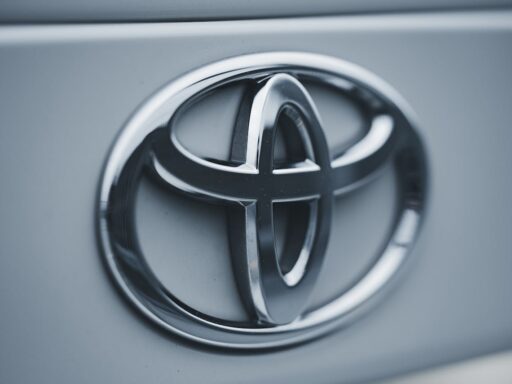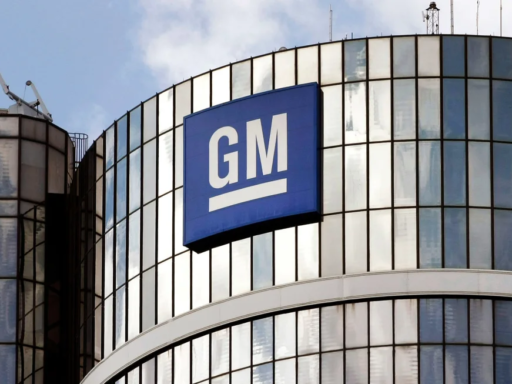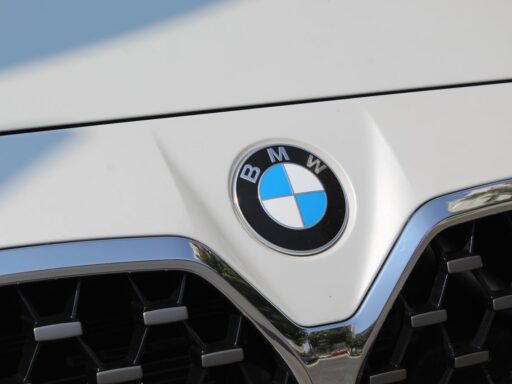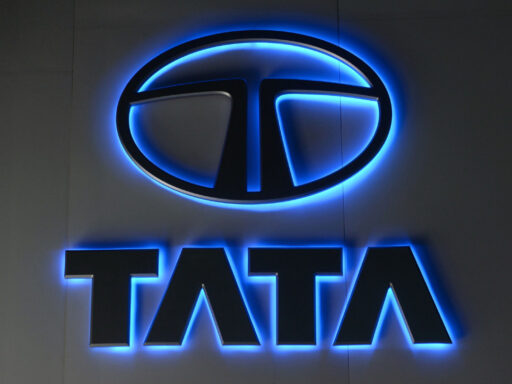Volkswagen must continue investing in circular supply chains, energy-efficient production, and sustainable raw material sourcing to solidify its position as a leader in automotive sustainability.
Volkswagen Group’s 2023 Sustainability Report highlights its commitment to decarbonization, circular economy models, and supply chain integrity, reinforcing its leadership in the automotive industry’s sustainability transition. Recognizing its global environmental impact, Volkswagen has adopted a structured approach to address climate change, emphasizing CO2 reduction, AI-driven efficiencies, and resource optimization. A key milestone includes reducing average CO2 emissions per vehicle by 30% over its entire lifecycle—an initiative in line with the United Nations Sustainable Development Goals (UN SDGs) and the Science-Based Targets Initiative (SBTi).
In addition to tackling emissions, Volkswagen has focused on improving its capital market performance by enhancing ESG (Environmental, Social, and Governance) ratings, which plays a vital role in securing investments and reducing sustainability-related costs. The report further explores waste-to-energy projects and AI-driven supply chain improvements, contributing to a more resilient and sustainable automotive industry.
For a detailed examination of Volkswagen’s sustainability efforts, stakeholders can access the full report on their official sustainability page.
Sustainability Strategy and Goals
Volkswagen’s sustainability strategy is structured around three core principles: reduce, mitigate, and offset. These pillars guide its sustainability transformation, ensuring that the company’s operations align with global climate goals.
Decarbonization and CO2 Reduction
Volkswagen has set an ambitious goal to reduce average CO2 emissions per vehicle by 30% throughout its lifecycle, covering production, operation, and end-of-life disposal. This is a crucial step toward its broader net-zero target by 2050. The company has introduced several initiatives to achieve this, including:
- Electrification strategy, ramping up EV (electric vehicle) production with a goal of 80% EV sales in Europe and 55% in North America by 2030
- Investment in renewable energy sources for production facilities to reduce Scope 1 and Scope 2 emissions
Circular Economy and Waste Reduction
Volkswagen is pioneering circular economy models by minimizing waste and maximizing material reuse. The company’s waste-to-energy projects aim to convert operational waste into usable energy, reducing landfill waste and dependence on fossil fuels. Additional strategies include:
- Battery recycling through a closed-loop program, recovering up to 95% of raw materials like lithium, nickel, and cobalt
- Increased use of recycled plastics, aluminum, and steel in vehicle production
AI-Driven Supply Chain Optimization
To improve efficiency and sustainability, Volkswagen is leveraging AI-driven optimizations in its supply chain. These innovations:
- Reduce material waste by streamlining production processes
- Enhance resilience by predicting potential disruptions and mitigating risks
- Optimize resource allocation to cut costs and reduce carbon footprints
By integrating AI and blockchain technology, Volkswagen ensures greater transparency in raw material sourcing, reinforcing ethical and sustainable practices.
ESG Ratings and Capital Market Performance
Volkswagen has focused on improving its ESG ratings, recognizing that sustainable business practices drive investor confidence. ESG ratings play a critical role in capital market performance, investment optimization, and cost reduction. Key efforts include:
- Increased transparency in sustainability reporting to meet investor expectations
- Stringent supplier audits to ensure compliance with human rights and environmental standards
Sustainability Innovations and Technologies
Volkswagen is adopting cutting-edge technologies and innovative strategies to achieve sustainability milestones. Some notable developments include:
Waste-to-Energy Projects
Volkswagen’s waste-to-energy projects transform manufacturing waste into electricity and heat, reducing the company’s reliance on fossil fuels. This initiative aligns with similar programs by Ford and General Motors, which are also exploring waste-to-energy as part of their sustainability transitions.
AI and Digital Transformation
Volkswagen’s AI-driven supply chain solutions help optimize logistics, reduce emissions, and enhance efficiency. By deploying machine learning algorithms, Volkswagen has improved:
- Supply chain risk management through predictive analytics.
- Resource allocation in production to lower material wastage.
- Energy consumption tracking, ensuring operations are as carbon-efficient as possible.
Circular Economy in Battery Production
Volkswagen has introduced battery repurposing and second-life programs, extending the usability of EV batteries for energy storage solutions. This reduces raw material extraction, supporting long-term resource sustainability.
Measurable Impacts and Achievements
Volkswagen’s sustainability strategy has already resulted in tangible improvements, reflecting the company’s commitment to climate action. Some key metrics include:
- CO2 Emissions Reduction: The company has successfully reduced carbon emissions per vehicle by 22% since 2018, with a target to achieve 30% reduction by 2030.
- Renewable Energy Adoption: Over 95% of Volkswagen’s European plants now operate on renewable energy.
- EV Expansion: Volkswagen delivered 572,100 fully electric vehicles in 2023, representing a 45% increase from 2022.
(Reference: Volkswagen Group Sustainability Report 2023 – Full Report
Challenges and Areas for Improvement
Despite its progress, Volkswagen faces several sustainability challenges:
- Complex Supply Chain Management: Ensuring sustainability across a vast global supply chain remains difficult, particularly in sourcing raw materials ethically.
- Battery Material Sourcing: The production of EV batteries requires large amounts of lithium, nickel, and cobalt, raising environmental and ethical concerns. Volkswagen is working on sustainable mining partnerships and material recycling to address this issue.
- Full Carbon Neutrality Dependency on Offsets: While Volkswagen aims for net-zero emissions, carbon offset programs still play a role in balancing residual emissions.
Comparison with Competitors
Volkswagen’s sustainability efforts place it among the industry leaders, but how does it compare with other major automotive manufacturers?
Toyota
Toyota has long been recognized for its pioneering hybrid technology, with the Toyota Prius being one of the most successful eco-friendly vehicles globally. The company has committed to achieving carbon neutrality by 2050 and is investing heavily in hydrogen fuel cell technology. However, Toyota has been criticized for lagging behind in full battery-electric vehicle (BEV) adoption, with a slower transition compared to Volkswagen, which has aggressively expanded its EV lineup.
Ford
Ford is making significant progress with its electrification strategy, aiming for 100% of its European passenger vehicle lineup to be electric by 2030. The company has introduced the Ford F-150 Lightning and Mustang Mach-E, strong competitors in the EV space. In waste management, Ford has implemented closed-loop aluminum recycling, a step that aligns with Volkswagen’s circular economy model. However, Volkswagen has a more comprehensive AI-driven supply chain strategy, giving it an edge in operational efficiency.
General Motors (GM)
GM is committed to eliminating tailpipe emissions from light-duty vehicles by 2035, aligning closely with Volkswagen’s net-zero ambitions. The company has launched Ultium battery technology, a scalable battery platform similar to Volkswagen’s modular electric drive matrix (MEB). However, GM has faced challenges related to supply chain sustainability and ethical sourcing of raw materials, areas where Volkswagen has taken a more proactive stance with blockchain tracking and AI-driven optimizations.
BMW
BMW has taken a strong stance on sustainable materials, incorporating natural fiber composites, recycled plastics, and secondary aluminum into its vehicles. The company’s carbon reduction target is a 40% cut in lifecycle emissions by 2030, slightly more aggressive than Volkswagen’s 30%. However, BMW’s sustainability efforts are still more focused on premium vehicle segments, whereas Volkswagen’s approach covers a broader market spectrum, making sustainability more accessible across different vehicle categories.
Key Takeaways
- Volkswagen vs. Toyota: Toyota leads in hybrid technology, but Volkswagen is ahead in full EV deployment
- Volkswagen vs. Ford: Ford has made strides in recycling and electrification, but Volkswagen outperforms in AI-driven sustainability initiatives
- Volkswagen vs. GM: Both companies have strong EV strategies, but Volkswagen leads in ethical supply chain practices
- Volkswagen vs. BMW: BMW has a strong material sustainability focus, while Volkswagen balances affordability and sustainability across more vehicle segments
Future Goals
Volkswagen’s long-term sustainability vision focuses on 100% renewable energy integration, expanded EV production, and advanced digital solutions for efficiency. Key future plans include:
- Achieving net-zero emissions by 2050 through continuous investments in green hydrogen, energy storage, and direct carbon capture technologies
- Scaling battery recycling capabilities with plans to expand battery recycling plants across Europe and North America, ensuring the sustainable reuse of EV components
- Advancing AI for sustainability by expanding AI-driven predictive analytics to optimize production processes, minimizing waste and improving operational sustainability
Volkswagen Group’s 2023 Sustainability Report provides a comprehensive roadmap for sustainability in the automotive industry. Through its decarbonization strategy, circular economy models, AI-driven supply chain efficiencies, and ESG improvements, Volkswagen is setting a benchmark for sustainable mobility.
While competitors like Toyota, Ford, GM, and BMW have made significant progress, Volkswagen’s balanced approach across multiple sustainability pillars gives it a competitive advantage. As the automotive sector continues to evolve, Volkswagen’s strategy serves as a blueprint for integrating technology-driven sustainability solutions while driving financial and environmental benefits.
The full sustainability report is available on their official sustainability page, offering stakeholders deeper insights into the company’s progress, challenges, and future strategies.

